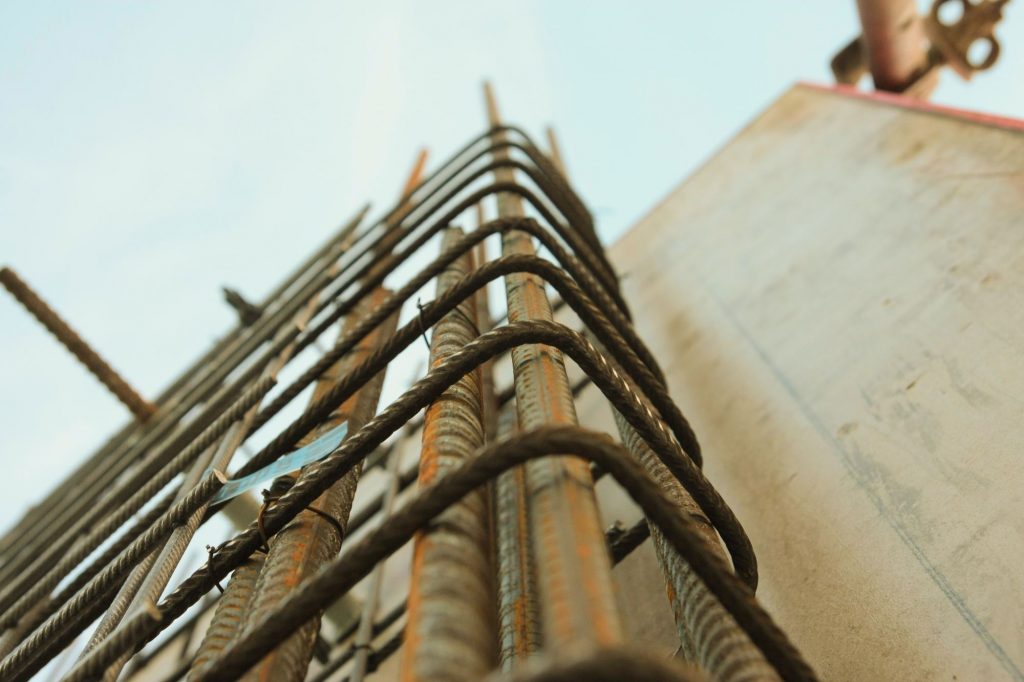What Does a Hard Bid Mean in Commercial Construction? The Latest Information to Know
As public spending on commercial construction projects continues to rise around the country, architects and project owners are getting engaged in the hard bid process. When putting together hard bids, you’ll quickly be inundated with contact from contractors. If you don’t understand the process fully, hard bids could be a challenge for you and your architect.
Here is everything you need to know about hard bids for commercial construction.
Understanding Hard Bids
If you’re looking into taking on a commercial construction project, you might want to hire an architect to design the building you’re looking at. When a project owner already has an architect in mind for a project, they’ll tell the world that they’re seeking a hard bid for that project.
REnderings of that design will be advertised in newspapers, trade publications, or even on TV if you want to attract the best contractors. A hard bid’s job is to get people to reach out to the project owner.
As contractors start to roll in, people will give out some estimates as to how much they think it’ll cost the owner to get the job finished. Usually, the contractor who can bring in the lowest bit will be the one who will be awarded the project. This award will come with a budget to cover costs.
If you’re looking to make a hard bid to reach out to contractors, you need to prepare yourself for dealing with contractors.
Work On Prequalifying Contractors
When you put out a hard bid, you’re not looking to attract any old contractor who is available. The point of the hard bid is to lower the cost of construction. However, if you’re the project owner, you need to have high-quality work to correspond to that low price, a delicate dance for any contractor.
The best way to ensure you can find the right contractors is to go through the process of prequalifying them. When you have qualities that you want from your contractors, it’s okay to ask for them to fulfill the qualities that you’re looking for. Most contractors will be expected to be held to a high standard by the project owners who they’re trying to win contracts from.
Put out the most important qualities that you want to find from any contractors that you work with. Once you’ve qualified everyone to have the bare minimum elements, you can start comparing and contrasting each contract with the others.
If you don’t know what you should be looking for, start with asking about their experience with projects like yours. See what sizes of projects they’ve worked on before and check for something comparable to your project. Check out their financial health as well, as this can let you know how they do with the budget of a project, big or small.
Make Your Bid Work For You
Contractors will have a lot of questions for you when it comes time to propose a bid for you. While your contractors will be able to throw out a general final figure, that won’t give you enough information. Make sure your request for proposals states that you’re looking to have prices broken down so that you can carefully judge each category.
Make sure those figures include tax calculations and any licensing requirements.
If you look at their estimated costs carefully, you’ll see how contractors break up a budget. If they cut back on staff, do they put that money into the quality of equipment or materials? While you could get the same price from a few contractors, these details will tell you what you need to know.
A bid that’s broken down granularly can also help you as a project owner. If several strong contractors show adjustments that you wouldn’t have expected, take into consideration why they’re making that decision. If you expect something to cost much more or less than what your contractors are estimating, you might be overlooking something.
Open up a line of communication with your contractors. They want to win your project at the end of the day, so they’ll be happy to talk things over.
Make Specific Requests
When you’re looking for a certain wall to be made out of a certain material or if you want a quality of paint that is non-standard, make sure contractors know. If they don’t understand these requests, they won’t be able to give you a bid that considers that price or labor.
Once the project is completed, you’ll be disappointed to find out you didn’t get something that you didn’t explicitly ask for. It will cost you more to have that work redone rather than having it completed the way you want it the first time.
Make sure architects realize that you’re going through the hard bid process. That will help them to be clear in their own documentation. If they expect they’ll be able to negotiate later on in the process, they could be surprised to find out that that’s not the case.
It Takes Time
Even experienced and talented general contractors will need time to present a clear and efficient bid to you as the project owner. This will often require some clarification and details from the architect you’ve chosen and your own needs as well.
You can put together a general question and answer meeting with the bidders who you’re most interested in working with. If you want to get high-quality bids, you need to open up lines of communication to your contractors.
Good work takes time, so expect this to take a few weeks. Take some time to learn more information about the bid process if this is your first time.
Putting Together a Hard Bid Can Be Fruitful
If you want your hard bid to lead to a successful project, you need to devote time to your contractors. One of the biggest differences between a standard project and hard bids is how much you need to communicate with the people you hire. If your architect has firm demands, they need to be made clear over and over.
If you want to put together a strong brand identity to let contractors know what to expect from you, check out our guide.





